Simply put, no one can have their immune systems ‘boosted’. There’s nothing that can be done that makes your immune system work faster or harder, unless you are actually infected or are vaccinated. A 2019 study found that 30% of online searches for ‘boosting immunity’ returned results from commercial websites written to promote the sales of their supplements.
Unfortunately there’s no magic silver bullet that is guaranteed to boost your immune health. However, there are ways to keep your immune system supported and in good form, which is welcome news in these unpredictable times. So with that in mind, hopefully we can provide you with some wholesome, unbiased advice which can be used in addition to a balanced diet.
Nutrition is a factor which has been found to help maintain immune function, in particular vitamins A, C, D and zinc.
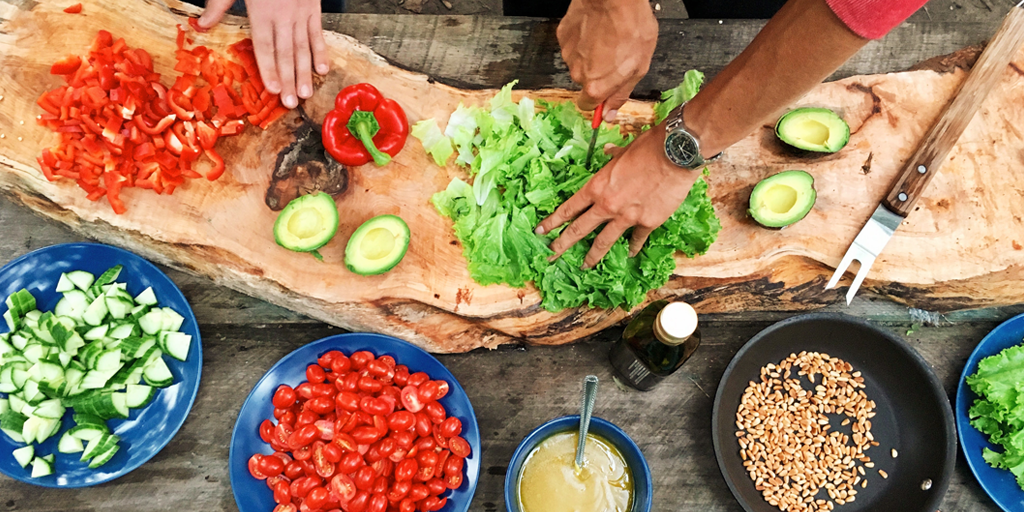
Vitamin A and D
Vitamin A and D are used in immune function due to their assistance with cell function and their role in treating inflammation. Vitamin A is found in cheese, oily fish, or a diet high in beta-carotenes. This includes yellow, red or green vegetables, or yellow fruits such as mango. Vitamin D is found in most foods sourced from animals such as milk, meat and eggs, however most vegan or vegetarian substitutes such as tofu or plant-milk are also fortified with vitamin D. Putting your mushrooms on a sunny window ledge also helps increase their vitamin D content.
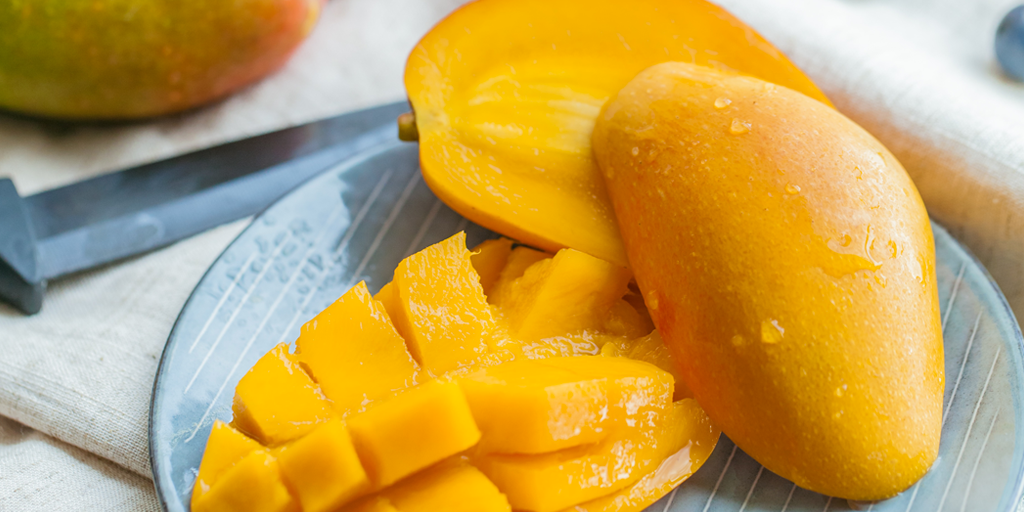
Zinc
Zinc is used in wound healing which means protecting the first barrier of the immune system, the skin. It has also been found that zinc helps stop viruses getting into cells within the body. Zinc is found in fish, shellfish, and wheat germ, with whole grain bread being a good source of zinc.
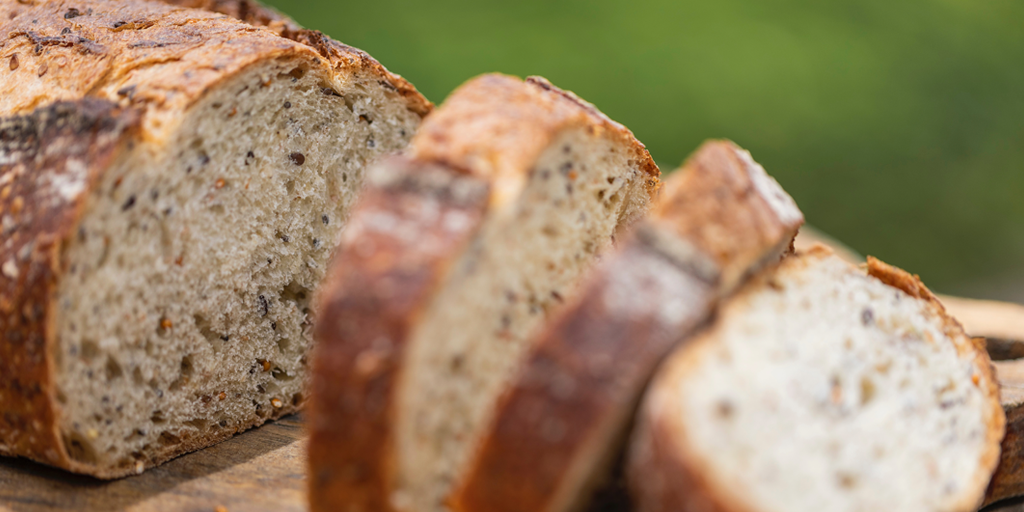
Vitamin C
Vitamin C is an antioxidant which supports many cellular functions which happen as part of our immune system. It is also a key nutrient in supporting skin health, an important component of the immune system and the first barrier to prevent infection. Vitamin C is commonly found in oranges, red or green peppers, and brussels sprouts among many other fruits and vegetables which also contain the vitamin.
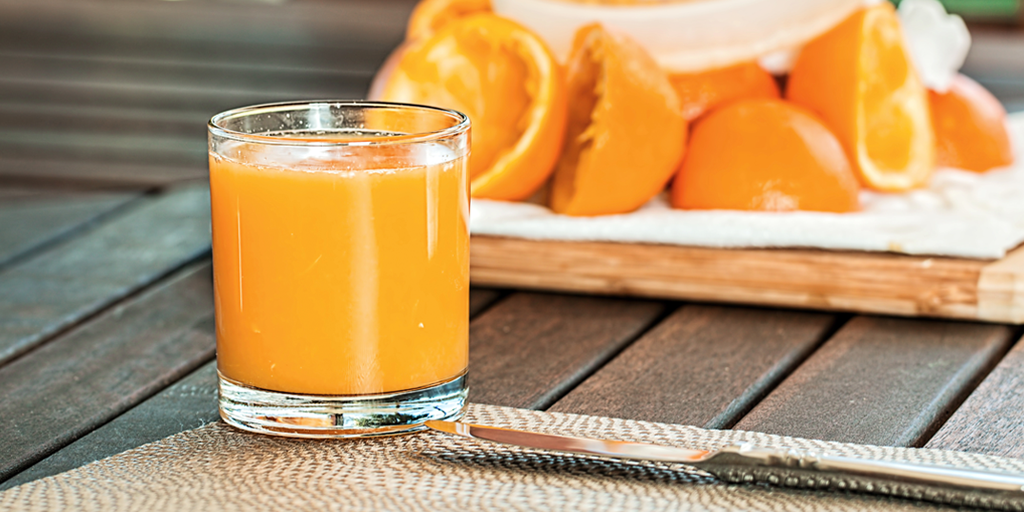
Among these vitamins there are other foods which have also been thought to help maintain your immune system. Looking after your gut health is one way to help the first line of defence in your immune system, and individual gut bacteria have been found to help overall immune function as it has anti-inflammatory properties.
Prebiotics
Prebiotics are foods which are selectively used by the gut bacteria,and they tend to be fermentable dietary fibres or carbohydrates. Foods high in prebiotics include bran and wholegrains, fruit and vegetables such as onions and bananas, nuts and seeds like almonds and flax seeds, and pulses, beans and legumes such as chickpeas, lentils, and kidney beans.
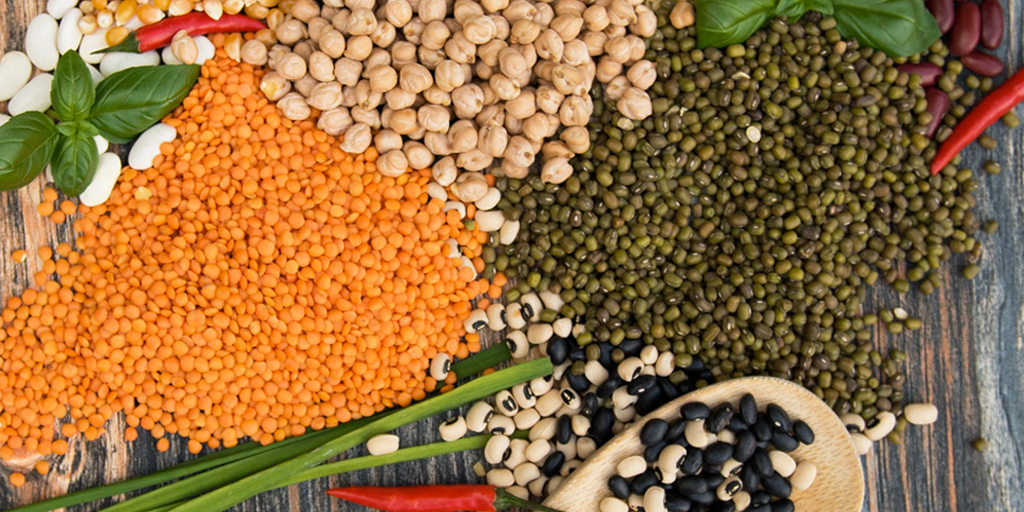
So instead of thinking about how to “boost” your immune system, it’s always best to think of ways to keep your diet balanced and focused on the right nutrients to help keep it functioning optimally.
All further information on vitamins can be found on the NHS site.
